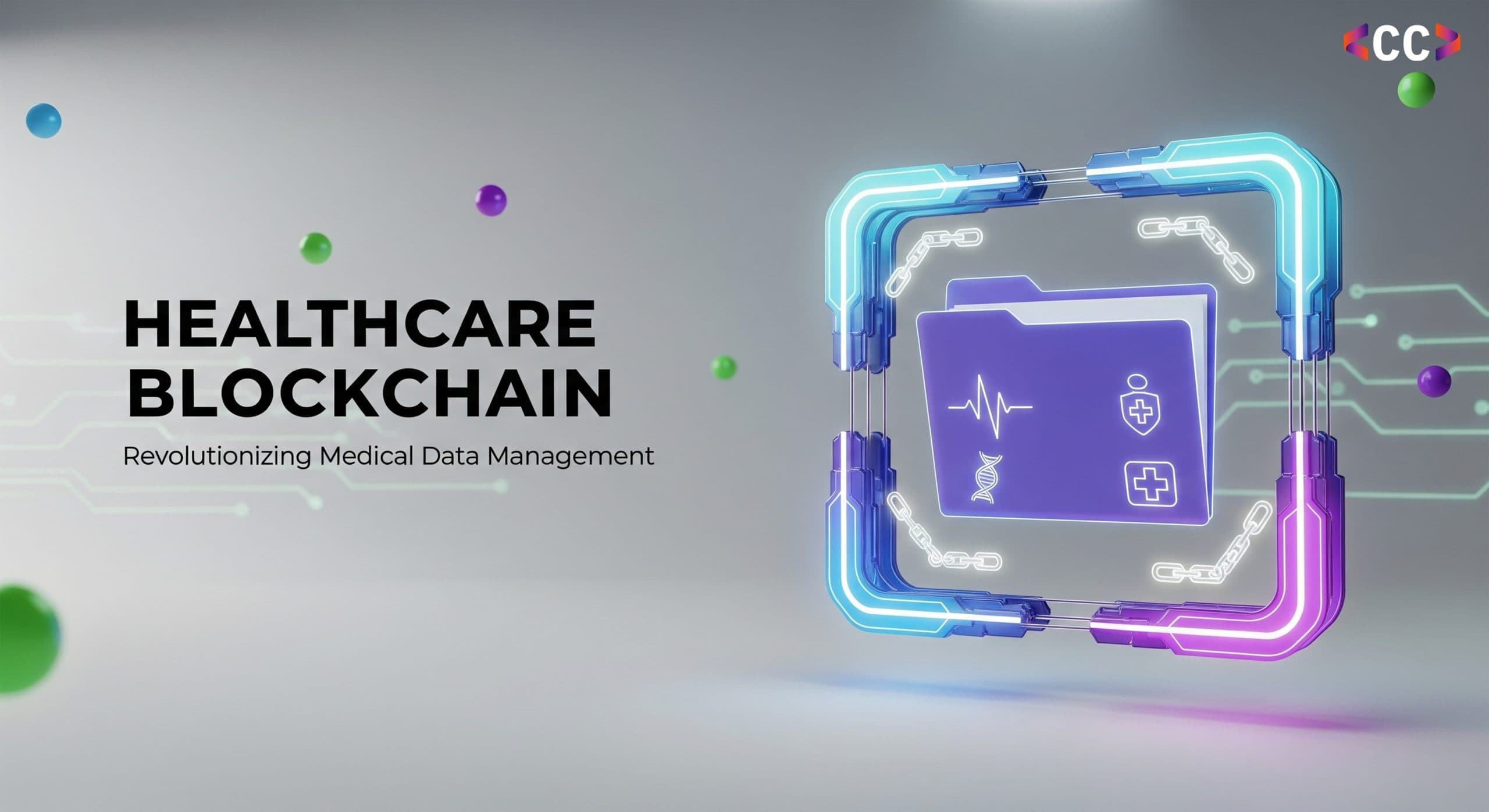Blockchain
5 months ago
Exploring Healthcare Blockchain: Revolutionizing the Future of Medical Data Management
Understanding the Basics of Blockchain in Healthcare
Blockchain technology is no longer confined to the financial sector—it’s making waves in healthcare by transforming how sensitive medical data is stored, shared, and secured. At its core, blockchain is a distributed ledger technology (DLT) that ensures data integrity, transparency, and security through decentralization.
In healthcare, this innovation has given rise to healthcare blockchain, a system where patient records, medical histories, and other critical data are managed in a tamper-proof and transparent manner. Unlike traditional centralized databases, blockchain ensures that once information is added, it cannot be altered without network consensus.
This means patient data remains accurate, secure, and accessible, while also allowing for interoperability across hospitals, clinics, insurers, and research institutions. By reducing the risks of data breaches and administrative inefficiencies, blockchain paves the way for more reliable, patient-centric healthcare systems.
Forward-thinking blockchain firms like ChainCode Consulting are already working with organizations to build scalable healthcare blockchain solutions, helping institutions embrace digital health transformation with trust and transparency at the core.
The Benefits of Implementing Blockchain in Healthcare Systems
Adopting blockchain in healthcare brings measurable benefits that address long-standing industry challenges:
1. Enhanced Data Security
With blockchain’s cryptographic encryption, patient data management becomes far more secure, reducing vulnerabilities to hacking and unauthorized access.
2. Transparency Across Processes
All transactions—whether billing, claims, or medical procedures—are stored on a transparent ledger, ensuring accountability and minimizing fraud.
3. Accurate and Reliable Patient Records
Blockchain creates a single source of truth, eliminating discrepancies caused by fragmented storage systems and ensuring consistent, reliable medical records.
4. Improved Operational Efficiency
Through smart contracts, blockchain automates routine processes such as insurance claims and billing. This reduces administrative overhead and frees up more resources for patient care.
By combining blockchain with AI and automation, as companies like ChainCode Consulting are doing, healthcare providers can streamline operations while delivering secure, high-quality care.
Use Cases: How Blockchain is Transforming Healthcare
Blockchain is already proving its value in diverse healthcare applications:
- Patient Records Management: A secure, decentralized system ensures data privacy while allowing seamless sharing between authorized providers. Patients gain more control over who accesses their information.
- Drug Supply Chain Tracking: Blockchain ensures transparency in the pharmaceutical supply chain, minimizing counterfeit drugs and safeguarding patient safety.
- Clinical Trials Transparency: Recording trial data on blockchain prevents tampering, boosts trust in research, and accelerates medical innovation.
- Medical Credentials & Licensing: Blockchain can verify doctors’ credentials, certifications, and licenses, ensuring trust in healthcare professionals.
These healthcare blockchain use cases highlight the technology’s potential to revolutionize operations. Through solutions like NFTtrace and other blockchain-driven innovations, ChainCode Consulting is helping industries—including healthcare—embrace secure, transparent systems.
The Future of Healthcare with Blockchain Technology: Trends and Predictions
The future of digital healthcare transformation will be shaped by blockchain’s integration with other emerging technologies. Key predictions include:
- Patient-Centric Data Ownership: Patients will control their data, sharing it securely with providers as needed.
- Global Interoperability: Blockchain will connect healthcare systems across borders, enabling real-time access to verified medical records worldwide.
- Personalized Medicine & AI Integration: Blockchain-secured records will empower AI systems to analyze comprehensive health histories and provide personalized care.
- Counterfeit Prevention: Blockchain’s immutable ledger will help eliminate fake drugs from supply chains, ensuring patient safety.
As industries evolve, ChainCode Consulting is positioning itself as a trusted partner to design future-ready healthcare blockchain systems, enabling secure data flows and smarter patient care ecosystems.
Embracing Blockchain for a Secure and Efficient Healthcare System
The integration of blockchain in healthcare is no longer optional—it’s an essential step toward building a secure, transparent, and patient-centric ecosystem. With tamper-proof data, automated processes, and global interoperability, blockchain addresses the industry’s most pressing challenges.
For healthcare providers, insurers, and research institutions, the time to invest in blockchain is now. Partnering with blockchain innovators such as ChainCode Consulting ensures access to tailored, enterprise-grade solutions that enhance trust, efficiency, and patient outcomes.
In a world where digital trust and security are paramount, blockchain is not just transforming healthcare—it’s setting the foundation for its future.

